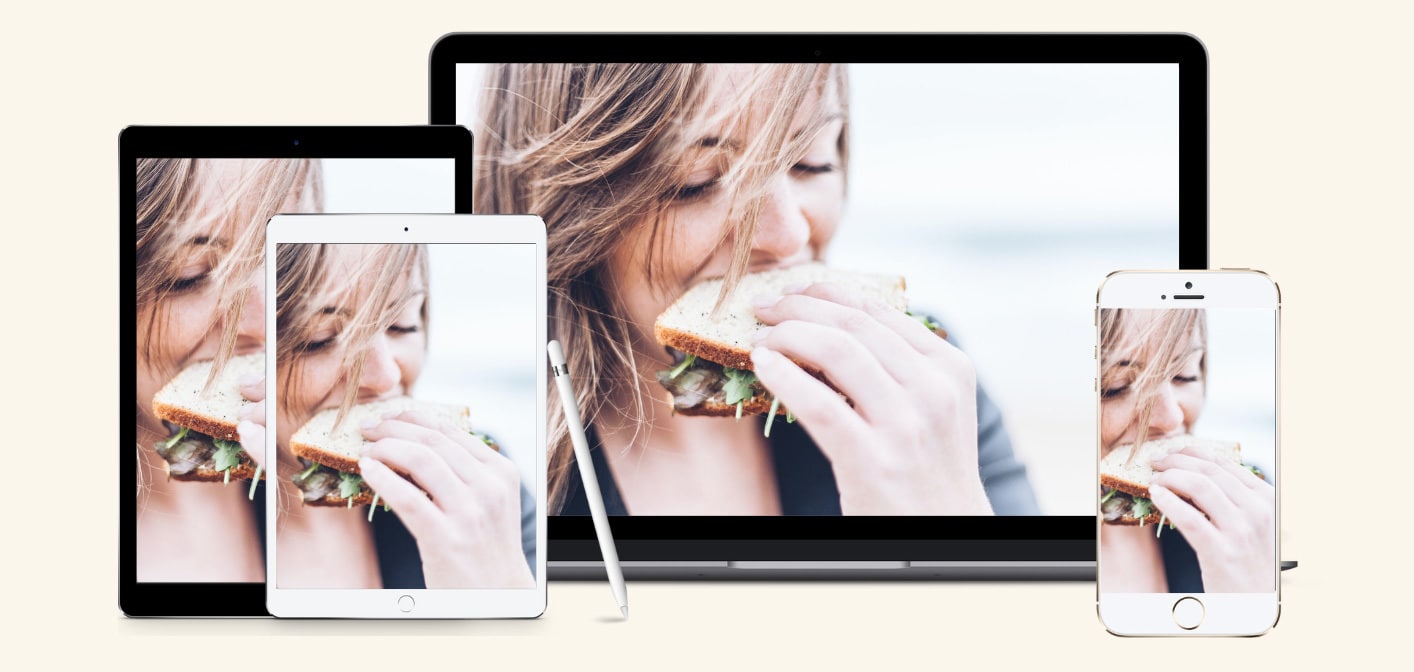How To Stop Dieting and Eat Normally
Let’s talk about some initial steps you can take to learn how to stop dieting and eat normally. If you’ve clicked on this article, I’ll take a guess that you’ve been on and off diets (or pursuing weight loss in some form) for quite some time. Maybe you have tried to stop dieting before, only to get tempted back for “just one last time”? The constant, obsessive thoughts about food, the restricting, and binging, the hating your body are getting exhausting. Are you thinking there has GOT to be another way?
Are you feeling tired of dieting?
If you’re fed up with being stuck in the cycle of yo-yo diets, know that there is a way out – it’s called Intuitive Eating. Intuitive Eating is an evidence-based approach to health and wellness. It helps you tune into your body signals, stop the binge-restrict cycle, and heal your relationship with food. This is achieved by working through principles that will guide you back to a natural way of eating. It is steered by internal body signals and wisdom (i.e. hunger, fullness and satisfaction) rather than external rules.
Unlearning dieting is a process
The process of learning how to stop dieting and eat normally again isn’t usually as simple or easy as we might like. Especially if we’ve been following external food rules for a long time. Even if you feel more ready than ever to hop off the dieting bandwagon, it’s normal for uncertainties, fears and sticking points to crop up throughout the process. Below, our clients describe some very common fears and struggle with letting go of diets:
“Trusting myself around food. Especially when alone and there are no limits. I am not in touch with what my body wants/needs.”
“I don’t listen to my body. I eat what I think I must eat instead of what I want to eat.”
“The overload of available information on what I should or shouldn’t be eating, how I should or shouldn’t look. This means being constantly disciplined, thin, healthy, happy and IN CONTROL.”
If any of these resonate with you, please know that you are not alone. There will be ups and downs whilst figuring out how to stop dieting and eat normally, However, if you stick with it, it will likely be one of the best, most liberating things you do. You can check out videos and written stories of clients who have broken free from dieting.

Here are my best tips on how to stop dieting and eat normally:
1. Identify what a diet is, and isn’t
I have seen so many clients who are confused because they don’t consider themselves to be dieting. However, they still feel trapped and know that something is “off” with their relationship with food. This is so common because diets are sneaky these days! In recent times the weight loss and wellness industries have had to adapt to the fact that the word “diet” no longer sells the way it used to. Consumers are savvier to the fact that “diets” don’t work. Instead we hear terms such as “eating clean”, “lifestyle change”, “cleanse”, “detox” or “8-week challenge”. These are just diets wrapped up in new, shiny packaging. If it restricts the way you eat and takes you away from being able to listen and respond to your body – it’s going to keep you trapped just like a diet.
2. Recognise the harm dieting has done
In the long term, science tells us that diets do more harm than good. Not only do the vast majority of people regain the weight they lose, but weight loss diets also lead to poorer mental health. They take away from our social lives, lead us to have lower self-esteem and feel more dissatisfied with our bodies.
I know that before I found intuitive eating, all of these negatives rang true. Recognising this was what allowed me to take the leap to try something different. Take this 3-minute quiz to help you identify if you are ready to stop dieting.
3. From now on, no foods are off-limits
You know how once someone tells you not to look down, you immediately have to fight an urge to do so? It works the same when telling ourselves we can’t have certain types or amounts of foods. That’s one of the reasons diets are so hard to stick with. The only way to get rid of the “forbidden fruit” factor is to allow yourself ALL foods. No labels, no good or bad foods, because really, no food is morally good or bad. It’s all just-food.
When you first allow yourself to eat all foods, it is extremely normal to initially go overboard eating things you always considered to be off-limits. It is important to allow yourself to go through this phase so that your body and brain can re-establish trust with each other. After a few days or weeks, these foods will lose most of their lure. Just like when you buy a new item of clothing, wear it every day, and then it ends up in the back of the draw with the rest of the jumpers you once loved? Maybe you still like it, but you don’t need to wear it every day. Sure, you might always have a thing for cookies, but if you know that you can have some anytime you want, you won’t have to obsess over them.
4. Start to listen to your hunger and fullness
If this is tricky for you, know that you are amongst the majority. It is extremely common after years of dieting and eating according to external rules to lose touch with what it feels like to be hungry or full. Biologically speaking, it’s near impossible to stop eating, when your body needs food, so getting in touch with early hunger signals is important. Don’t stress, you are not broken. These signals are still there and you can learn to hear them again. It will just take some time and a bit of trial and error. The best way to start tuning back in is to take a minute to pause before and after you eat to feel your hunger. You can use the scale in the free document below as a reference. I also recommend keeping a hunger journal like this one:

5. Eat regular, satisfying meals and snacks
In general, to feel your best and avoid energy dips, you don’t want to be going much more than 3-5 hours without food. Some people struggle to initially hear hunger and fullness cues, so regular eating can help to “get the machine churning”. This can create a rhythm from which you can tune into those signals again.
As well as physically filling you up, your meals and snacks need to mentally and physically satisfy you so that you do not feel restricted (remember: restriction leads to bingeing). This means choosing foods that we crave or that “hum” to us. To ensure physical satisfaction, I often talk about the importance of choosing options with “staying power” with my clients. These are usually those which include a source of each fat, protein, carbohydrate, and fibre.
6. Learn to sit with your emotions
A lot of us use food to quash unpleasant emotions that we’d rather not feel. This is normal to some extent, but we really don’t want food to be our only coping mechanism. If emotional eating is something you struggle with then an important part of learning how to stop dieting and eat normally will be learning to cope with these emotions without food. You can get more in-depth tips on emotional eating in this article.
7. Expect setbacks and let go of perfection
The cool thing about intuitive eating is that you can’t get it wrong. It is a process of learning and self-discovery. On a diet, you’d probably punish yourself if you broke the “rules”. Eating too many cookies or too much ice-cream for example, whilst learning to eat intuitively is not a failure. It’s a neutral occurrence and a valuable learning opportunity. Get curious about your own behaviour and try to be compassionate and forgiving with yourself. When we speak kindly to ourselves, we are more likely to make healthy choices and feel better.
In Summary:
Learning how to stop dieting and eat normally is 100% possible but it is a process and will require being brave, compassionate towards yourself and trusting the process. Intuitive eating is a proven framework we can use to break free from the diet cycle. You can get started today using my FREE 7-step download, with audio guide and actionable workbook.





